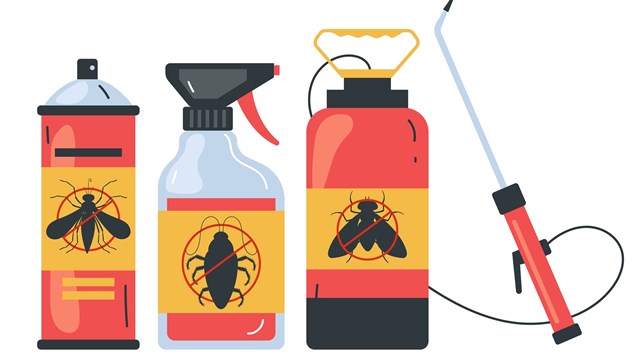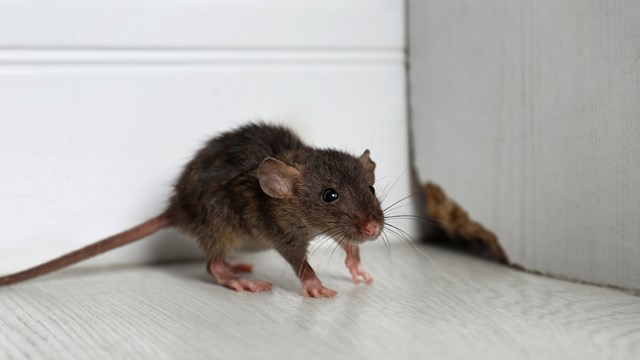
Q. There is a situation with mice in my co-op complex. A shareholder on the first floor contacted the super that she has been seeing mice in her unit. He said he was going to call a pest control company, but they never showed up. The shareholder contacted the super again, and it took him over a week to take a look in the unit.
According to the super, the mice are entering into the shareholder’s living room closet through a closed-off stairway inside the unit of another shareholder above her—yet there are no mice droppings in her closet. The super also said that she had to seal the stairs at her expense because the mice are gaining access to her apartment through that stairway. (Picture walking underneath a staircase. Basically that space has been closed off and made into a closet in the upstairs unit).
I am not a lawyer, but isn’t the staircase structural, and therefore not her responsibility? If anything, shouldn’t it be the responsibility of the other shareholder above her, since the stairs are in their unit and cannot be accessed from any common area? My feeling is that the super and the management company do not want to take care of the problem, and my poor friend is suffering with anxiety and fear with the mouse situation. What should we do?
—Pestered by Pests
A. “Under New York City Law,” says attorney Neil Garfinkel, managing partner of the New York City firm Abrams Garfinkel Margolis Bergson, LLP, “a shareholder has a right to a livable, safe, and clean apartment, as well as clean public areas within the building. A shareholder has, whether stated in their proprietary lease or not, an implied warranty of habitability which cannot be waived. An infestation of rodents or insects is a possible violation of the implied warranty of habitability.
“If a co-op has a rat or mouse infestation, the co-op may have a duty to remedy these conditions within a reasonable time. However, if the infestation is caused by the shareholder, the shareholder cannot claim their implied warranty of habitability was breached, and it is the shareholder’s responsibility to fix the conditions.
“If the infestation is not caused by a shareholder and the co-op does not remedy the conditions in a timely manner, the shareholder can elect to pursue his or her remedies under the co-op’s proprietary lease. However, before pursuing his or her remedies, the shareholder should notify the co-op in writing of the infestation and keep a record of this notice.”






Leave a Comment